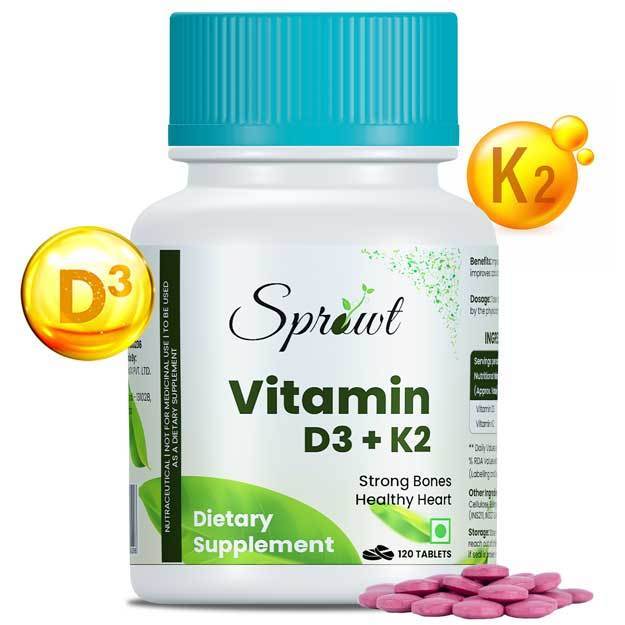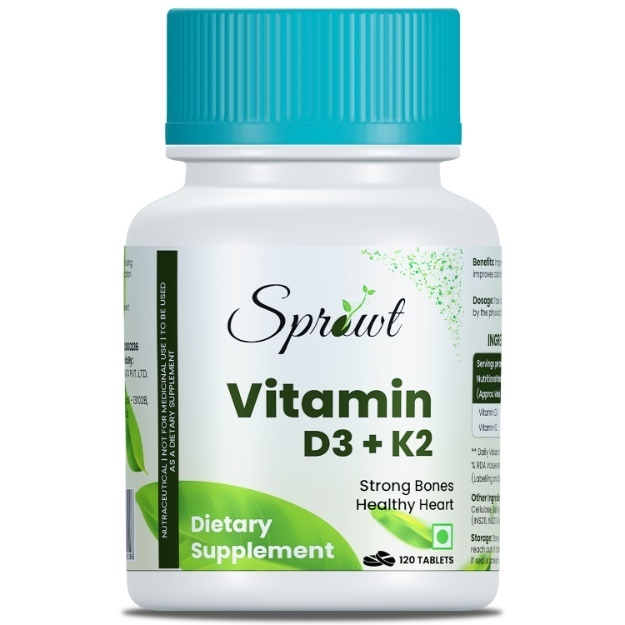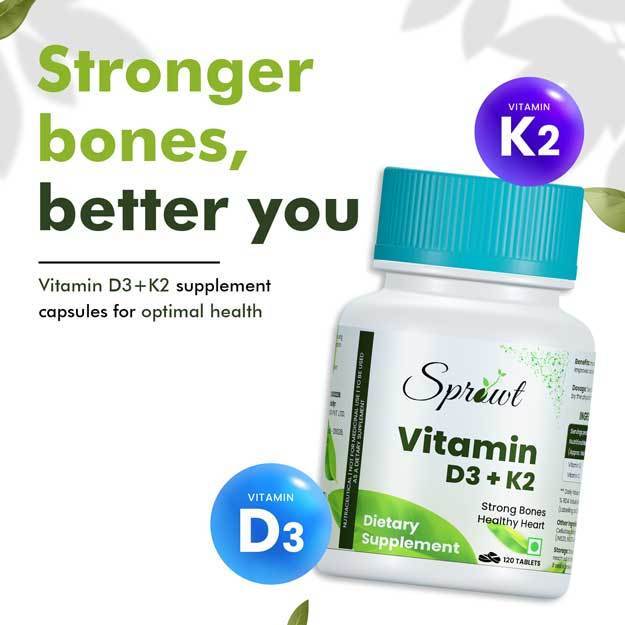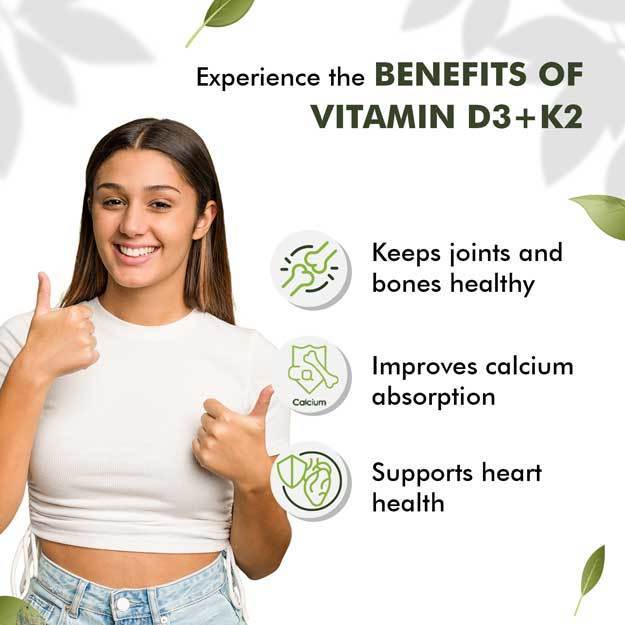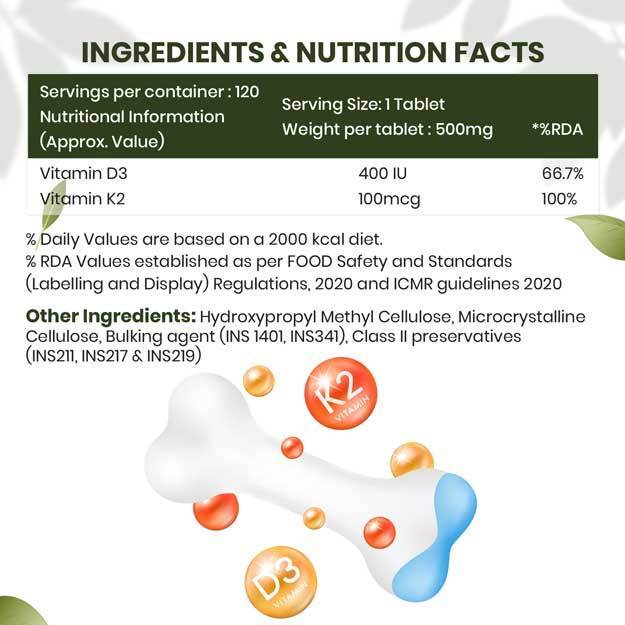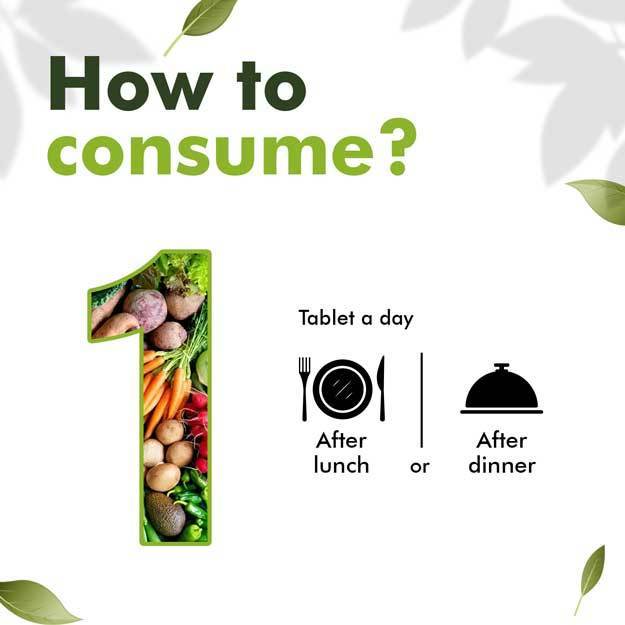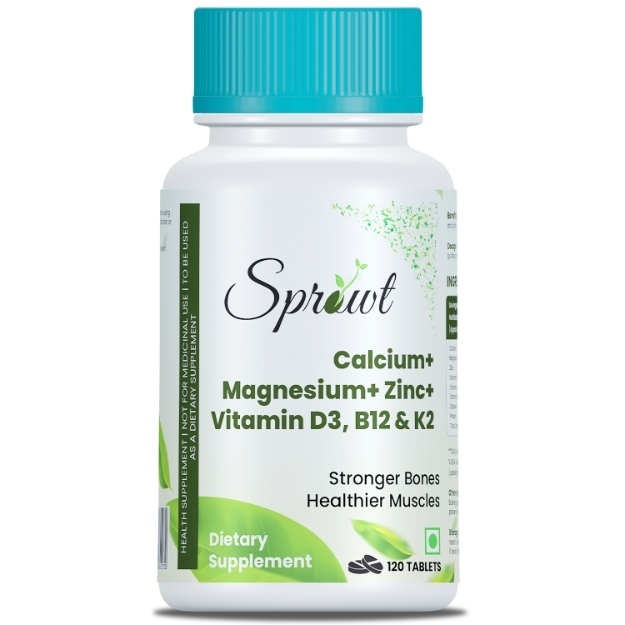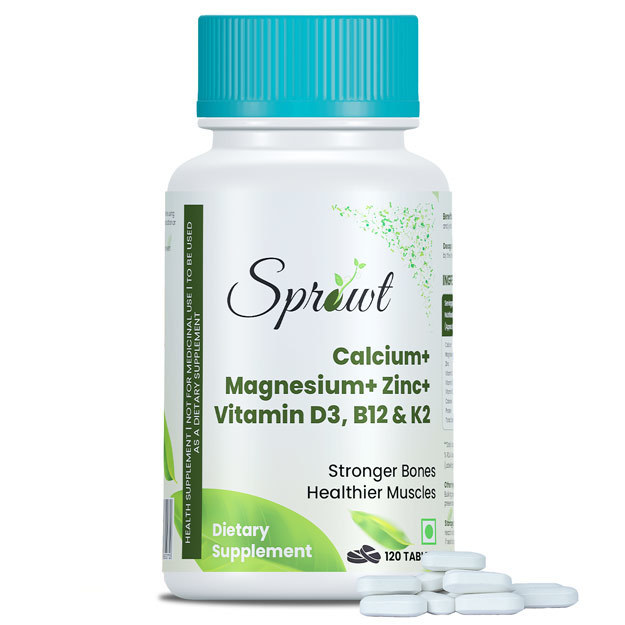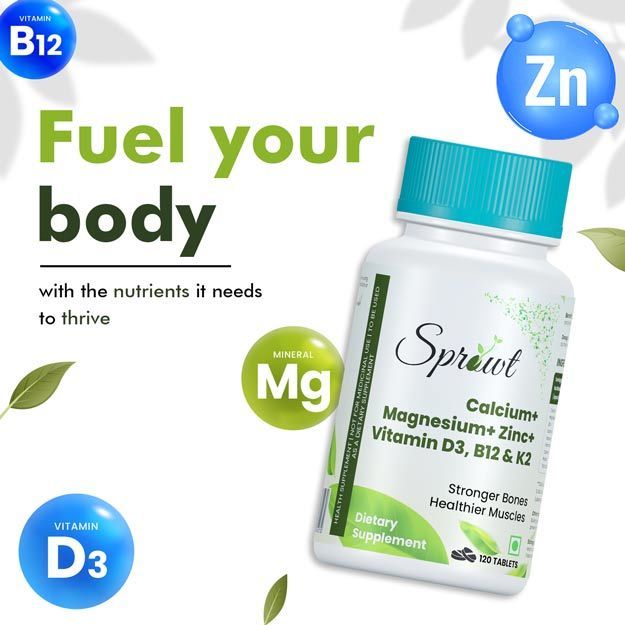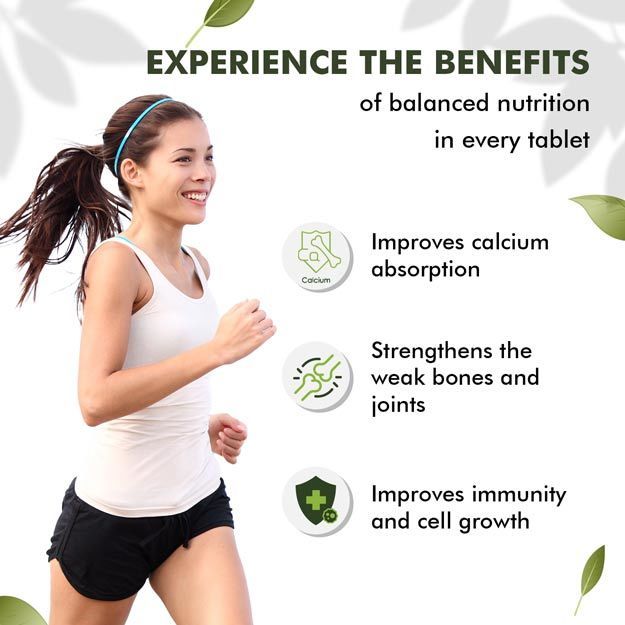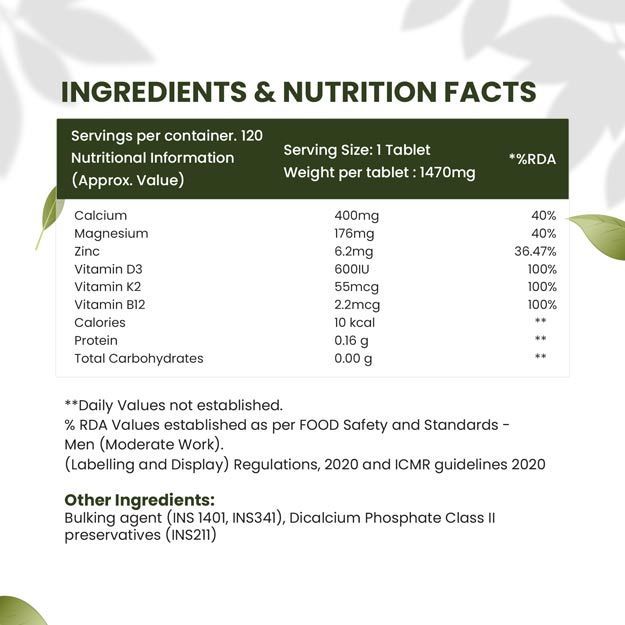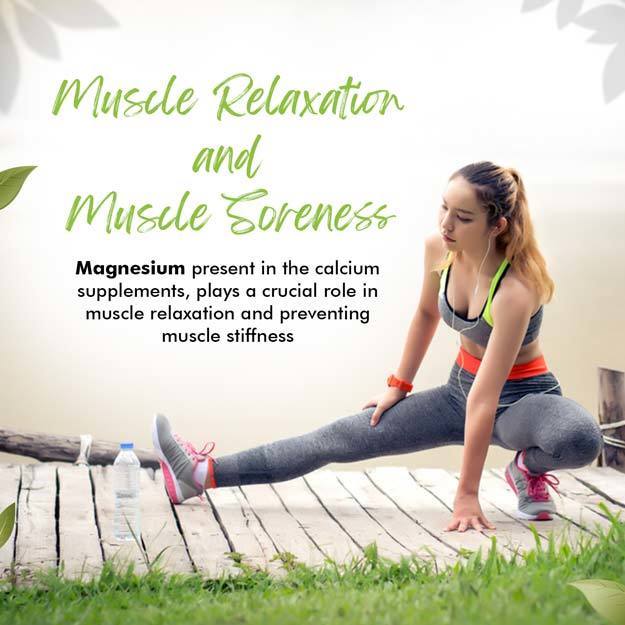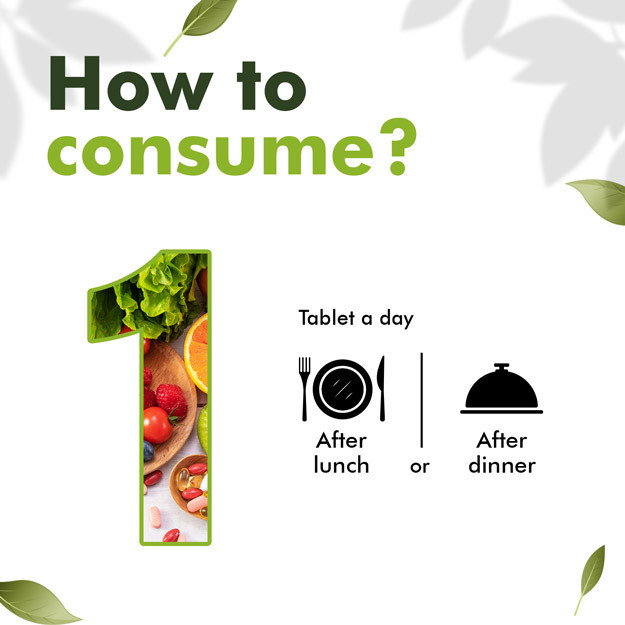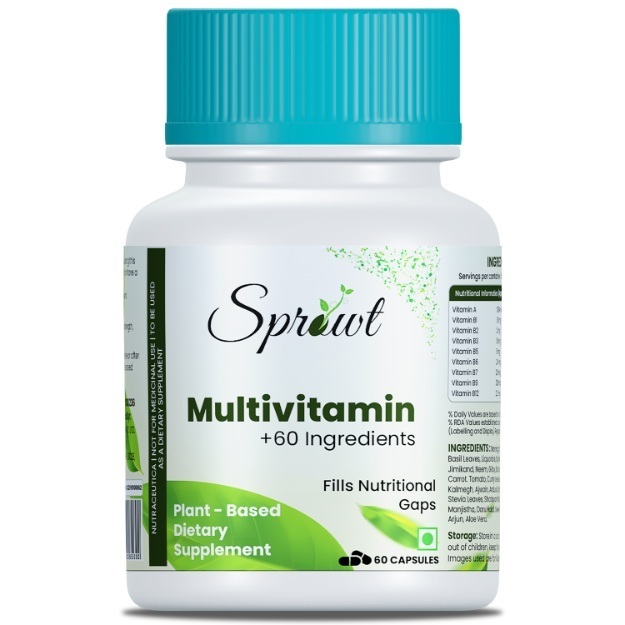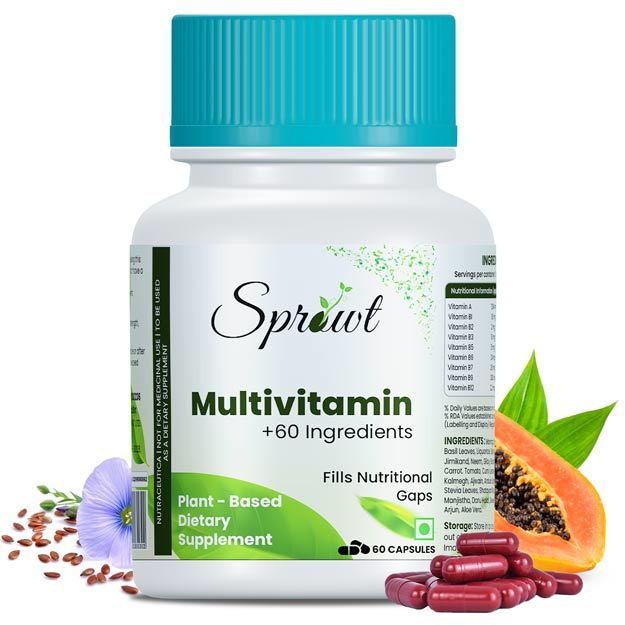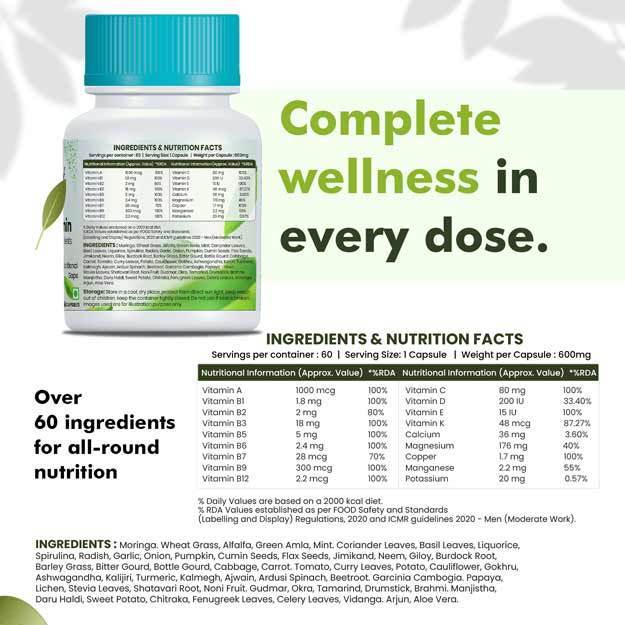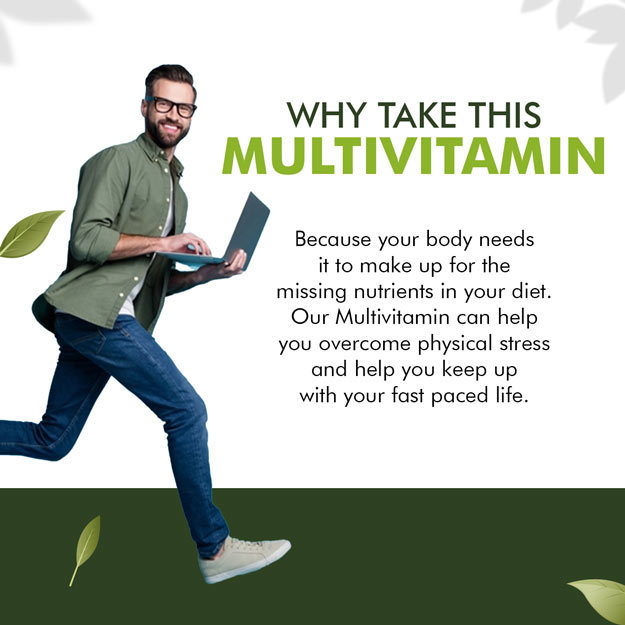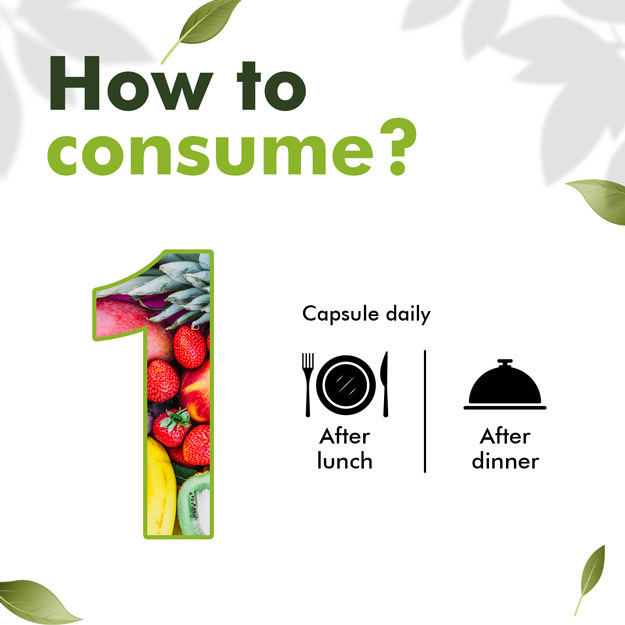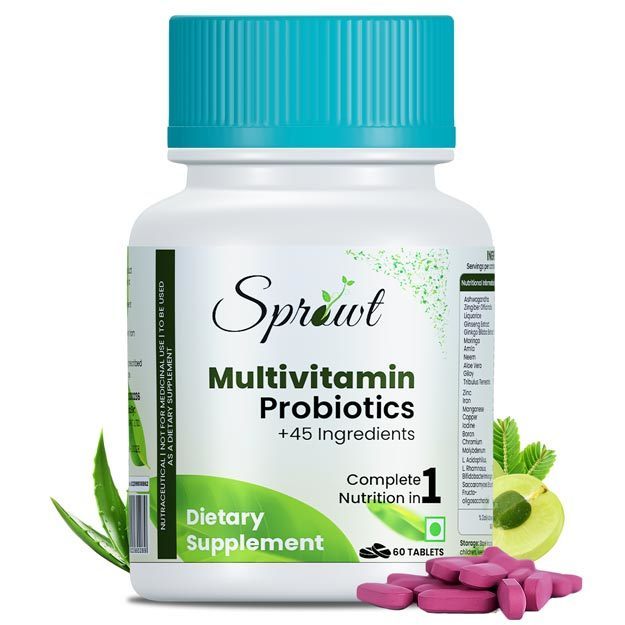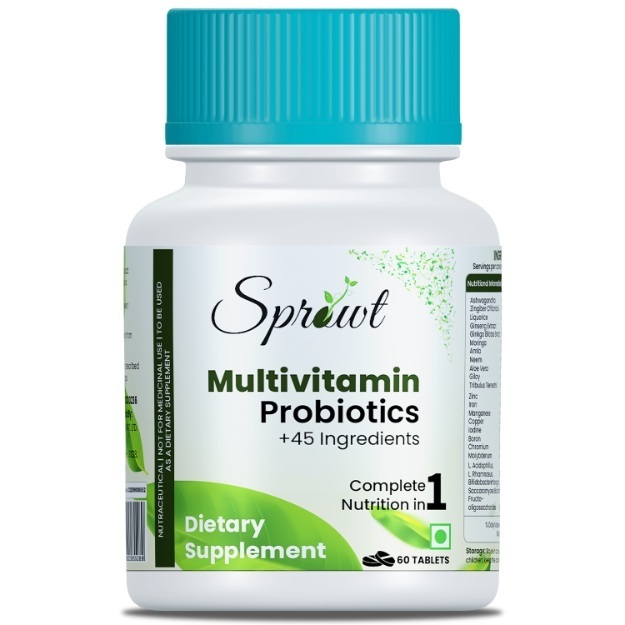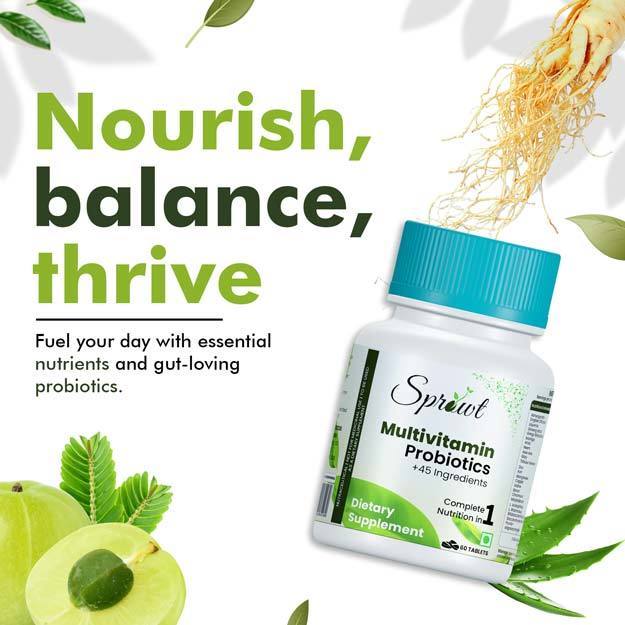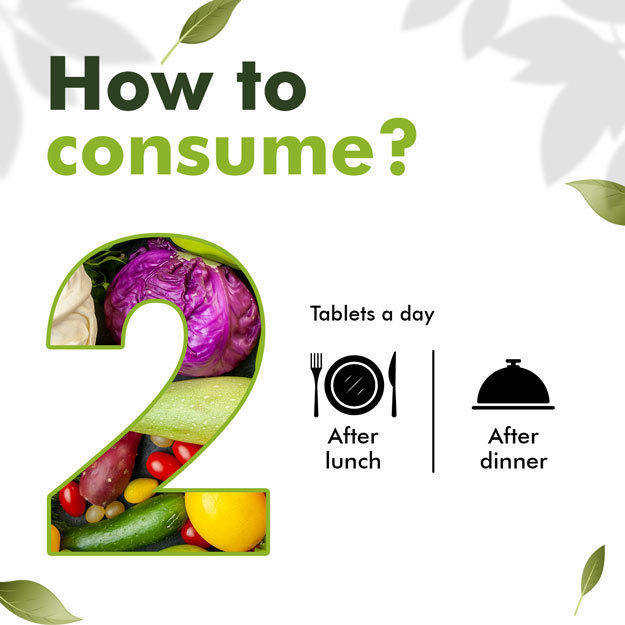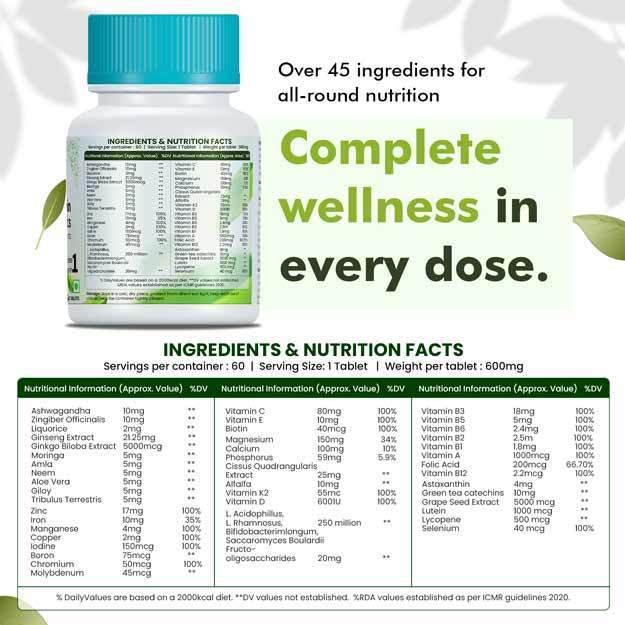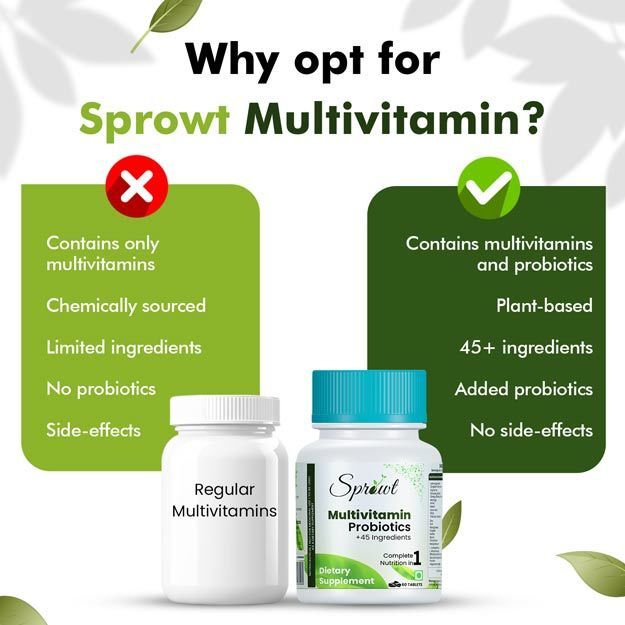Considering that India lies closer to the equator, enough sunlight is available in most areas at most times of the year, but for getting the right amount of sunlight for your skin to produce vitamin D, you must be wary of some facts.
The most natural way of getting vitamin D is by exposing your bare skin to the sun. Skin covered under layers of clothing is not exposed enough to synthesize vitamin D. The amount of vitamin D absorbed by your body also depends on the time of exposure, its duration, angulation, the color of your skin, and of course the area of skin exposed to the sun. Rule of the thumb is to expose a larger area to the sun, like your back, instead of your face and hands, since it can absorb and convert more sunlight. Don’t worry, it does not require you to lie down in the sun for hours and get a tan. Just 15 minutes (or more, depending on skin colour) would do if it is at the right time of the day. Talking of the right time, it's important to note that it varies according to seasons and areas.
A number of researches on vitamin D suggest that it is best to expose your skin to the sun from 11 am to 1 pm during all months if you live in India. But during summer days, when the UV rays are at their peak, it is essential to protect your skin from damage and the risk of developing skin cancer. So, a timing of 9 am to 12 noon is generally prescribed and is considered safe. Also, the closer you live to the equator, the easier it is for you to get this vitamin all year long since the sun is at the best angle along the equator.
Researchers have found that the highest levels of UV rays were found in the Northern region and the least in the Northeast region within India. This means that a longer exposure time is required in the Northeast regions for more bioavailability of vitamin D. Exposure time also depends on the colour of your skin. Fairer skin types tend to absorb more sunlight than darker ones. For very fair skin types, 15 minutes in the sun would do, while around 45 minutes to an hour are essential for darker skin types to make around 10,000 to 25,000 IU of vitamin D, as suggested by researchers. Be cautious while exposing your skin out in the sun to avoid burns and other risks.
Read more: Sunburn symptoms
X





